Why You Might Want to Pay Attention to Autonomy: Response to José Eduardo González
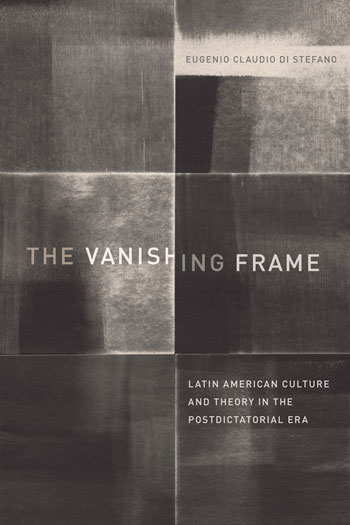
The Vanishing Frame began as an attempt to understand the origins and consequences of a postdictatorial reality that was emerging in Latin America during the 1980s and 1990s, one that centered on the commitment to human rights as the primary position through which the Left articulated the concept of injustice and how to confront it. This political reality was as much a consequence of the state that inflicted abuses on its citizens as it was the upshot of international solidarity movements that sought to address and bear witness to these abuses.
I Pay No Attention: Autonomy and Latin Americanism in The Vanishing Frame

Many of us are familiar with the ending of Jorge Luis Borges’s “Tlön, Uqbar, Orbis Tertius,” in which the world is being taken over by a man-made universe turned real, in a now too clear reference to Nazism: “Then English and French and mere Spanish will disappear from the globe. The world will be Tlön.” The story, however, contains one more line, not as well-known, but perhaps more significant to the real meaning behind the narration: “I pay no attention to all this and go on revising, in the still days at the Adrogue hotel, an uncertain Quevedian translation (which I do not intend to publish) of Browne’s Urn Burial.”
Betting on “The Greek”: How the NFL Is Banking on Biological Racism
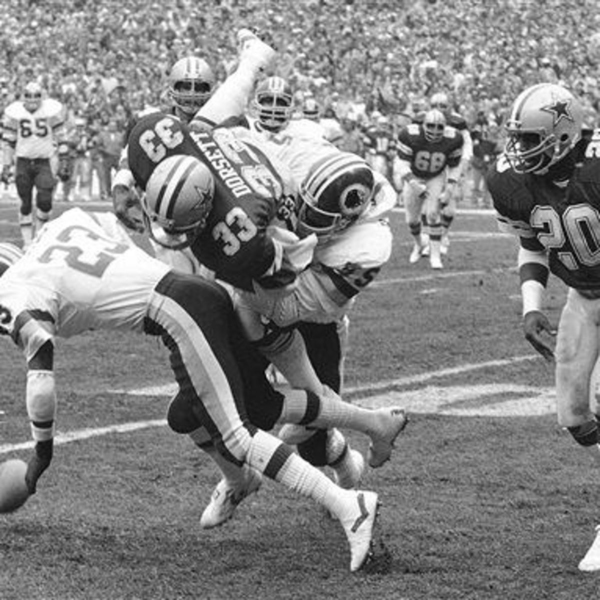
With the Super Bowl set to kick off on Sunday and media-fueled football fanfare ramping up accordingly, it is worth revisiting the NFL’s preseason scandal that wasn’t—its apparent use of biological racism in denying the compensatory claims of black former players for traumatic brain injuries sustained while playing in the league. Here we interrogate this case, the impotence of disparitarian antiracism to confront it, and its implications for egalitarian politics.
Issue #33: Sensation and Perception: Modernity as Self-Constitution
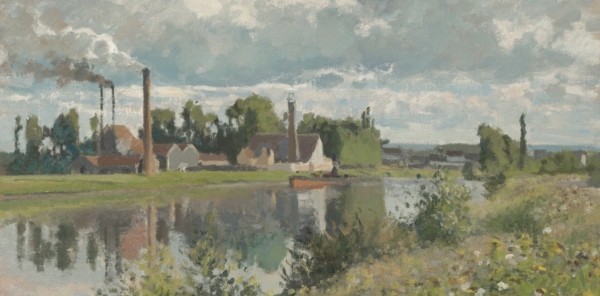
Essays on Kleist, Impressionism, Adorno, and Racism as Disorder.
The Moment of Impressionism
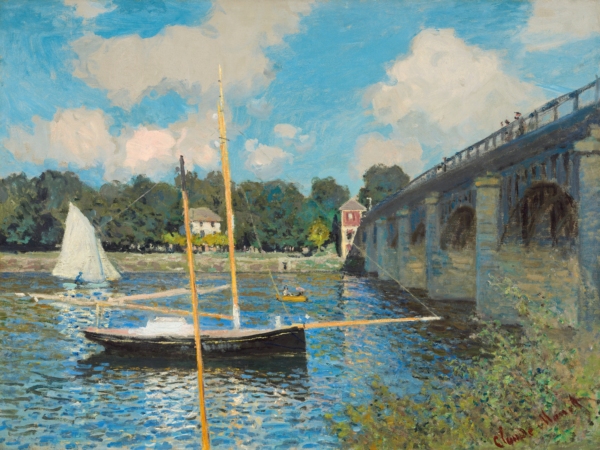
From the first the landscape Impressionists were seen as pursuing an “advanced” pictorial agenda with roots mainly in Manet’s painting, a view of their collective enterprise which rendered all but invisible what I have been calling the momentousness of their shift away from the figure painting project. To this day, that shift has escaped comment by students of Impressionism. Ultimately, the advent of landscape Impressionism amounted to nothing less than the emergence of a new paradigm for ambitious painting, keyed not to figure painting and antitheatricality as theorized by Diderot but rather to a linked series of “formal” issues and demands that had no single master critic or theoretician.
Is Racism a Disease?
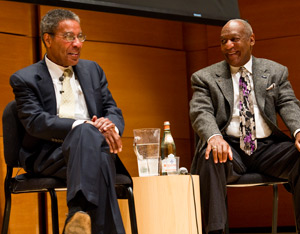
The pathological perspective ignores the historical character of racism and race and fixes individuals (perpetrator and victim) in place and, notably, outside of time. In lieu of understanding the conditions that shape the vast inequities that exist within society, explanations that naturalize racism lead us to believe that it is a universal and unchanging force. This way of seeing reinforces and perpetuates the notion that racism is a problem lodged permanently in people’s heads and bodies, not a problem of public policy. The rise of unprecedented levels of inequality offers us an opportunity to comprehend the ways capitalism harms the vast majority of its subjects. We can choose to unite in the struggle against the damage present social relations inflict on all human life, or we can proliferate more categories that pathologize and divide us.
A World of Intensities (On Kleist)
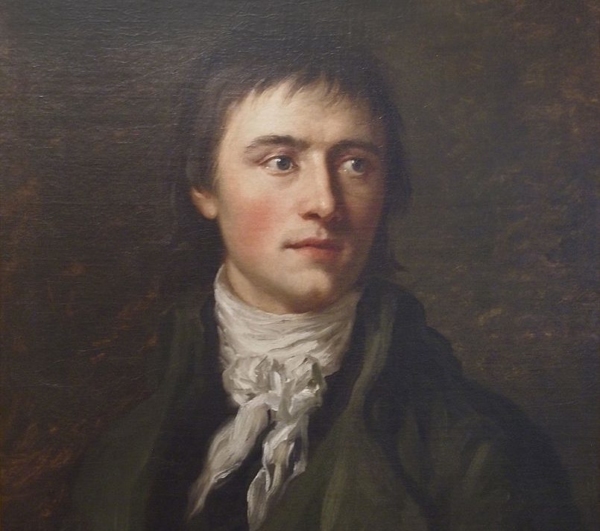
It is one of the accomplishments of Kleist’s writing to have brought the openness of the now—its unforeseeable character, its multiplicity and fluidity of circumstantial determinants, its catastrophic turns, its capacity to carry one along, in short: everything Goethe meant by the phrase gewaltige Gegenwart—into the very structure of the sentence.
Adorno, Aesthetic Negativity, and the Problem of Idealism
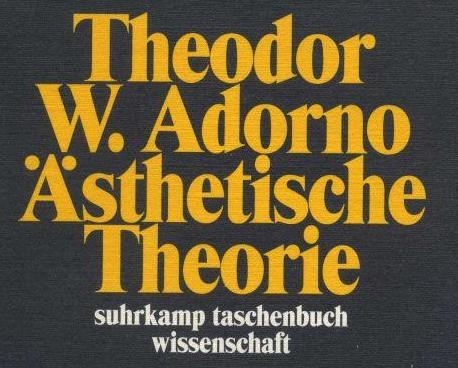
It is at this point that, because of this negative dependence on Hegel, it matters a great deal that Adorno has misidentified the heart and soul of Hegel’s Absolute Idealism.
On Wielding Ockham’s Razor
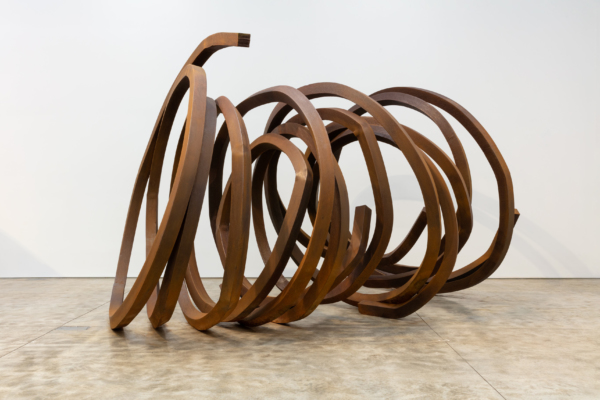
I began reviewing the question of whether anything substantial would be changed to the solution of Kant’s antinomy if I reverted to the common sense-understanding of proper names. Then my thoughts drifted to whether I really needed the theory of art as proper name / rigid designator. Weintraub thinks so. His critique was that the theory is inconsistent and therefore threatens to invalidate every other claim I make for art. My reply was that the theory is a catalyst and leaves all my other claims about art intact. But I agreed with him that I needed the theory.
Critique of Pure Readymade
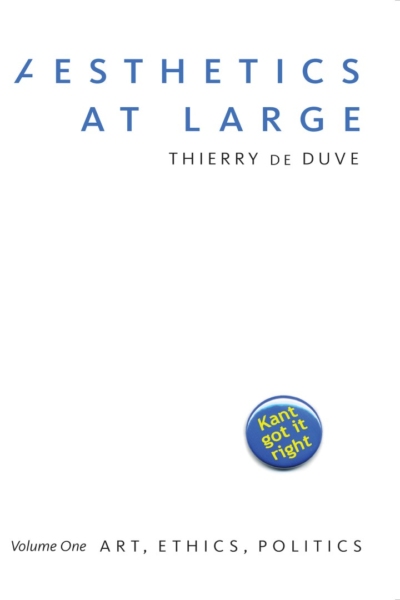
My aim is to evaluate the underlying claims in de Duve’s Kant after Duchamp. First, I raise concerns about his reliance on the unmodified readymade as a foundation for his post-Duchampian paradigm—the pure readymade is inconceivable as a work of art and thus could not satisfy the judgment, “This is art”—and second, I evaluate the validity of his treatment of the term art as a proper name or rigid designator, which elevates the objects to which art refers over the meaning of art.


